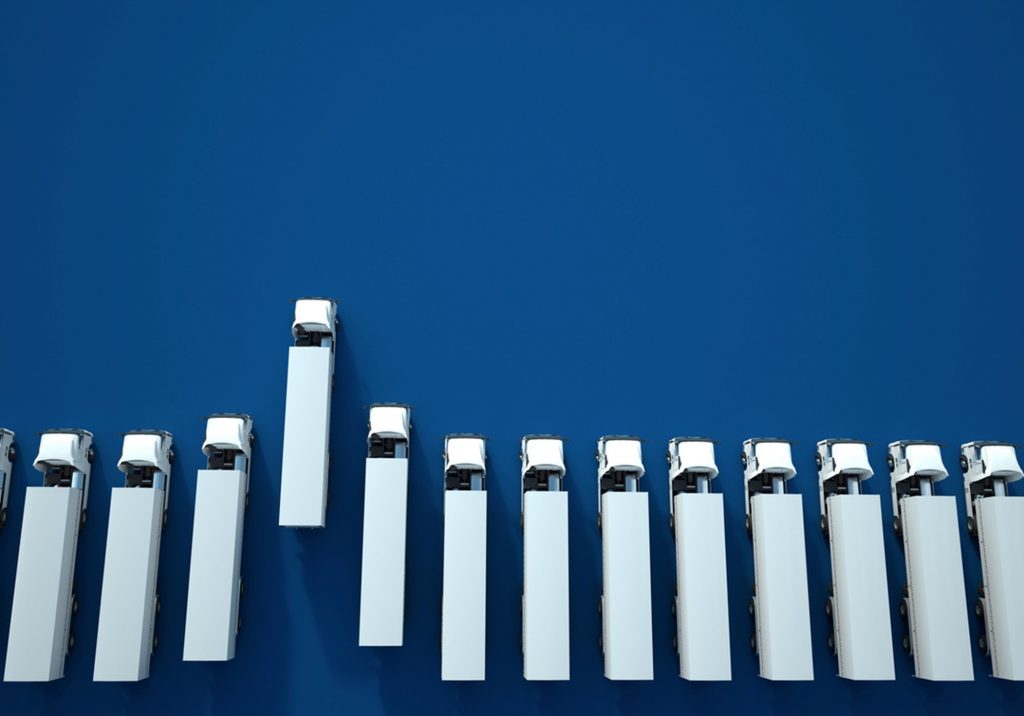What is Fuel Theft, and How Do We Prevent It?
When we talk about fuel theft, we mainly refer to the petrol and diesel stolen from fuel tanks and lorry fleets. Commercial vehicles, construction sites and farms are typically targeted by thieves during the winter months when the nights are long. It is easier for them to move around undetected under the cover of darkness. Thousands of fuel thefts occur every year, creating substantial financial costs for the victims. However, most fuel thefts go unpunished; the nature of the crime makes it very difficult to identify criminals.
Fuel theft not only adds financial strain to the victim as they are forced to incur the cost of replacing the stolen fuel – but can cause considerable physical damage to equipment that will also need repairing. Supply pipes can be severed, sight gauges smashed, and fuel can leak into the surrounding areas, resulting in costly clean-ups and voided insurance.
Today we’re going to look at how fuel is stolen, who steals it, and the tools available to your business, like fuel management systems, that can help prevent fuel theft.

How Do Thieves Steal Fuel?
There are various ways to steal fuel. Unfortunately, some methods are very basic and easy to execute. Hand-operated or automatic syphons decant fuel into portable containers that can quickly and easily be loaded into a criminal vehicle or carried off-site by hand. More sophisticated illegal operations have seen fuel being pumped directly into tanks mounted onto vehicles – allowing for larger quantities of fuel to be uplifted quickly.
Who is Stealing Fuel?
Due to the nature of the crime, it can often be challenging to determine who is stealing fuel. It might be an opportunist taking advantage of a company’s poor fuel management. Unfortunately, theft can often come from inside the company.
Whilst most of your workforce will be made up of honest, hardworking people, it is an unfortunate truth that some employees are not like that. Fuel is a valuable resource; a disgruntled driver who is not happy with his working conditions may be tempted to take advantage of the readily available fuel for their personal use or gain, for example.
Internal fuel thefts can lead to a breakdown of trust. You must take steps to prevent and reduce fuel theft within your company – including educating your drivers and providing safe and fair working conditions for them.
Preventing Fuel Theft
Multiple things can be done to deter criminals and prevent fuel theft. Some solutions involve technology, and others are non-tech preventative measures. It is not a case of choosing one over the other, but instead implementing as many solutions as possible that work in tandem with each other and ensure your fuel is as protected as it can be.
Install CCTV
Not only does closed-circuit television catch thieves in the act, but often the mere presence of cameras on site is enough to make opportunists think twice before attempting to break in and steal fuel. Ensure any cameras you do install are pointing clearly at the area where you park your fleet or where your fuel tank is housed and covering site entrances, exits, and main thoroughfares that people would need to cross to gain access to the fuel.
Reinforced Security with Fences, Locks and Alarms
If you have a fuel tank, particularly those above-ground, consider building a robust fence around it to add an extra layer of security – supported by a good quality heavy-duty lock and an alarm that will trigger upon unauthorised entry.
Install Security Lighting
Ensure the area where you park your fleet or keep your fuel tank is well-lit to deter thieves who prefer operating under darkness so they cannot be identified.
Educate Your Workforce
If you suspect that fuel theft is happening internally, take some time to educate and inform your employees. Help them better understand the detrimental effects that fuel theft has on a business and make them aware of the consequences of being caught stealing fuel from the company. Teach your staff best practices for remaining vigilant to help protect them from becoming targets of fuel theft themselves.
Defensive Parking
Strategically parking your vehicles so that access to the fuel tanks is blocked by other vehicles or solid structures is an incredibly effective way to use your fleet to make it impossible for thieves to steal your fuel. Unfortunately, this won’t be able to prevent anyone who has keys to your vehicles from accessing the fuel, but it can go a long way to putting off opportunists.
Fuel Management Systems
For absolute peace of mind and the ability to monitor your fuel levels actively and accurately, we recommend investing in a fuel management system like those available from FuelTek. Once you have your fuel management system installed at your depot, you can fill up your tanks using our monitored pumps. The fuel management system prevents unauthorised access, tracks throughputs, fuel wastage and creates reports using our online fuel management software. Data from these reports can be used to reduce wastage and help prevent fuel theft.
We would also recommend complementing the FuelTek fuel management system with a fuel monitoring system like Tankwatch to monitor your fuel stock levels. The state-of-the-art system comes with alarms and alerts that can be triggered if there are any unusual stock movements – for example– if the fuel levels in the tank are dropping, but the pump connected to the tank is not running, this would trigger an alarm.
Fuel management systems are the most accurate way to keep track of your fuel stock. If you become the victim of fuel theft, the system will provide the data you need to identify whether that discrepancy has come from within your company or from an opportunist.
We hope you found this information helpful. If you would like more information on how FuelTek’s fuel management systems or diesel fuel pumps, speak to one of our experts today.









